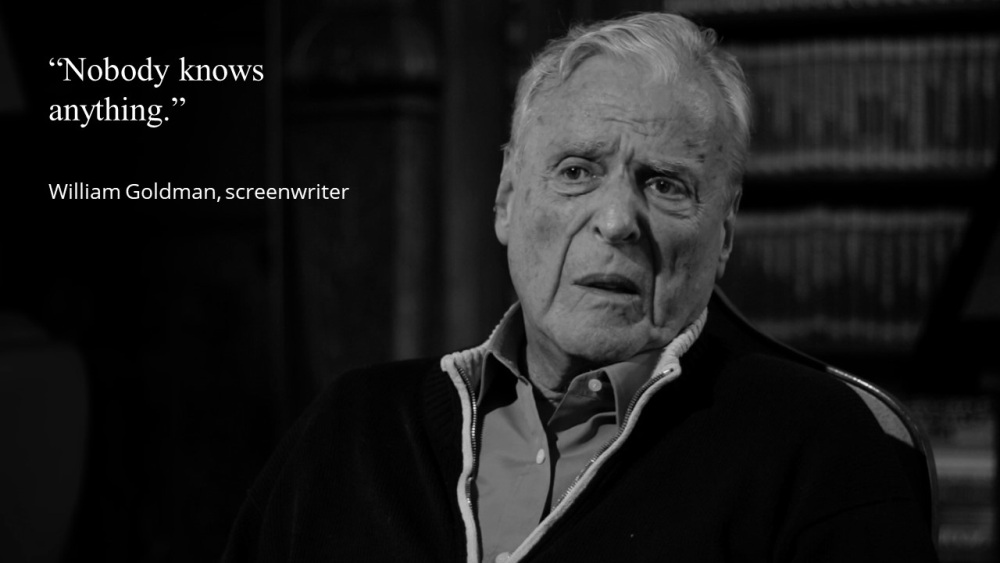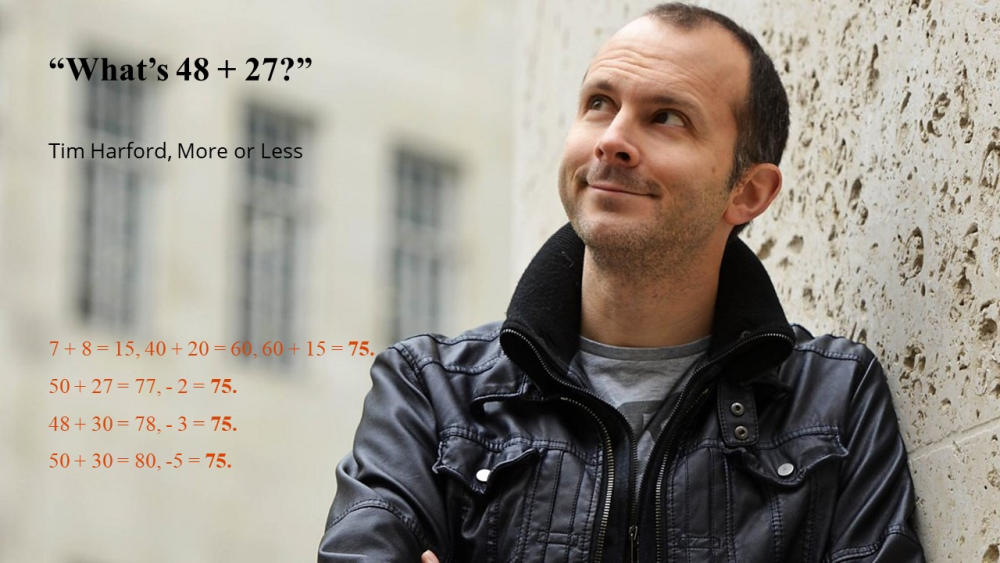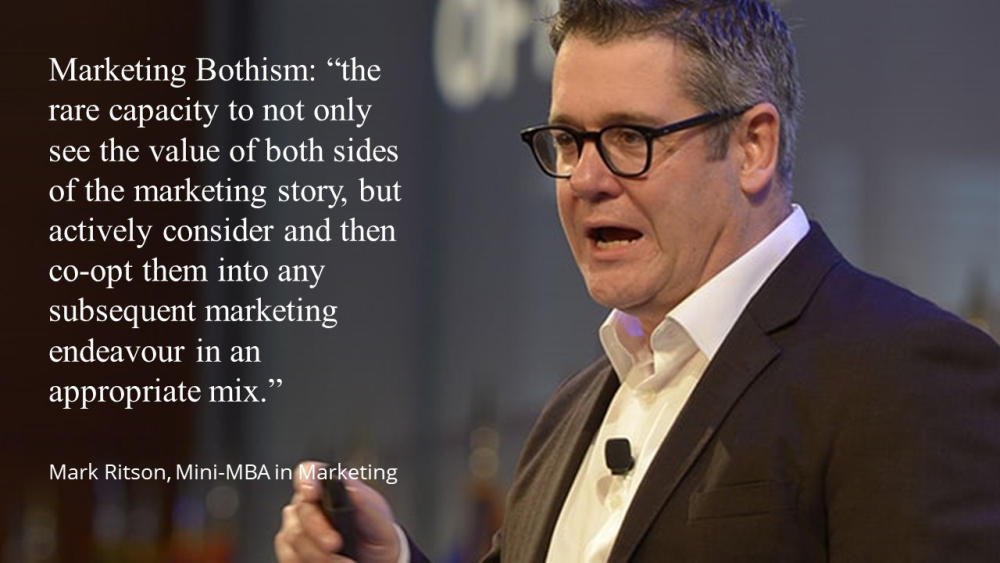Scary but true: nobody knows anything (in marketing)
We didn’t come up with that title “Nobody knows anything”. It came from William Goldman.
Goldman, dead now, was a Hollywood screenwriter.
As well as working on films like Butch Cassidy and The Sundance Kid, he also wrote a hugely entertaining commentary on the movie business called “Adventures In The Screen Trade”. He followed it up with “Which Lie Did I Tell?” which should give you some idea of his irreverent attitude.
Outside the movie business, one of his most famous quotes is “Nobody knows anything.”
The emphasis should be on the word “knows” because it’s not a dismissive insult to everyone everywhere. He’s not saying the world is full of fools. He’s saying that nothing is certain. You can’t know for sure:
- Julia Roberts may have been Erin Brockovich and the Pretty Woman. But she also starred in Mother’s Day. No, I hadn’t heard of it either.
- John Hughes wrote The Breakfast Club and Ferris Bueller’s Day Off . But he also wrote Drillbit Taylor.
Goldman’s quote was about movies, his world. But it’s a principle that applies to anything.
Here’s another guy with something useful to say.
He’s Tim Harford, the host of the BBC’s More or Less podcast about the misuse of stats. He’s also a professor of something clever but I forget what. Every week, he resists the temptation to say “nobody knows anything” but he stumbles across numerous instances where politicians and marketers prove they don’t.
His podcast asked the question “What’s 48 plus 27?” It wasn’t the answer they were interested in. This is a podcast for stats nerds. They assumed everyone would answer “75”. They wanted to know how people arrived at the answer.
- Some did it the old school way: 7 + 8 = 15; store the 5 and carry the one; 4 + 2 = 6; 6 plus the 1 you carried = 7; 75.
- Some rounded 48 to 50; 50 + 27 = 77; subtract the 2 you rounded; 75.
- Some rounded the 27 to 30; 48 + 30 = 78; subtract the 3 you rounded; 75.
- Some rounded the 48 to 50 and the 27 to 30; 50 + 30 = 80; subtract the 5 you rounded; 75.
The point is that lots of ways get you to the same end. And they all work. You use the way that works for you.
It’s the same with marketing. There are lots of ways to do what you want.
- You want your customers to buy more? You can discount, email or blitz social media. Or all of the above.
- You want new customers? You can adopt Account-Based Marketing, or start writing in their trade journal. Or both.
- You want a better reputation? You can do a survey to find out what’s wrong, get a PR agency or employ more customer service staff. Or all three.
If there’s one principle we adhere to it’s Mark Ritson’s principle of Bothism:
When I first read “Bothism” I thought it had something to do with Ian “Beefy” Botham. But no, Bothism is about taking some of this best practice, and some of that best practice and creating something that works for you and your business.
Because nobody knows your business as well as you do. The fact that you’re still there means you’re already pretty good at it. Our role is to present ideas that could make it even better.
- What works for one company may not work for another; consider the difference between B&Q and a local hardware store.
- What worked for you last year might not work this year; consider bricks and mortar retail pre and post Covid.
- A technique that worked last year may not work this: consider all those people who still put “Re:” in their spam blast’s subject lines to make it seem like they’re replies.
You will find people in the marketing industry – lots of them – who are convinced their way is the best way. Such evangelists are convinced their solution is the answer to all ills. They believe their zeal is persuasive. But always remember that nobody knows anything.
So you’ll get something different from Forbes Baxter Associates.
We’re here to present you with options.
Yes, we’ll tell you about things that have worked. And things that haven’t.
We’re here to fire up your imagination and enthusiasm for building your business.
We’re here to make you think about how ideas could be adapted for your business because the only thing we’re sure about is that nothing works for all business at all times.
So when you’re ready to try something new, when one of our ideas strikes a chord with you, you’ll see that we give you two options:
- How to do it yourself.
- How we can help you do it.
Remember, Forbes Baxter Associates is a marketing development agency so we develop your in-house marketing skills while we help you grow your business.



